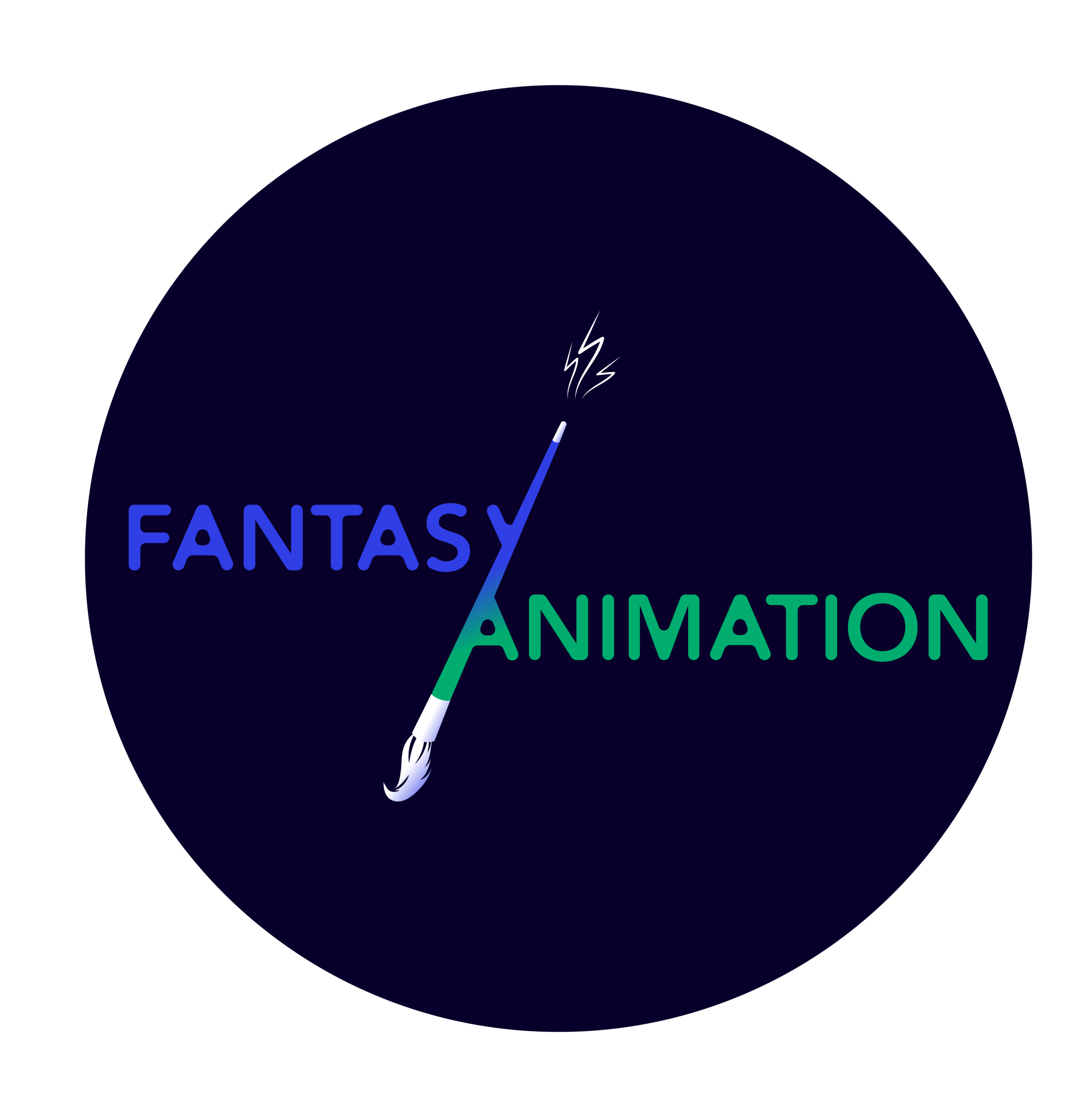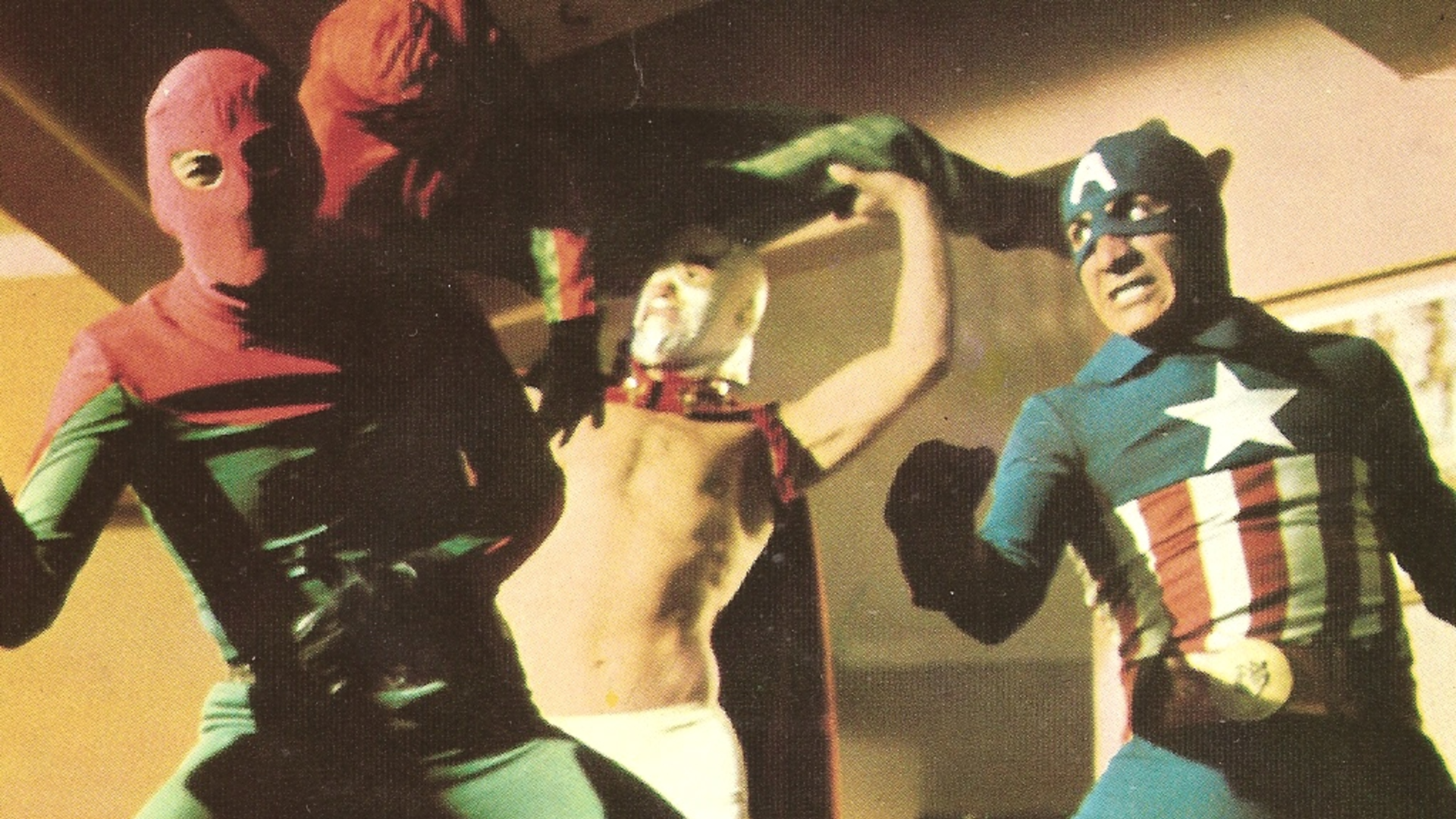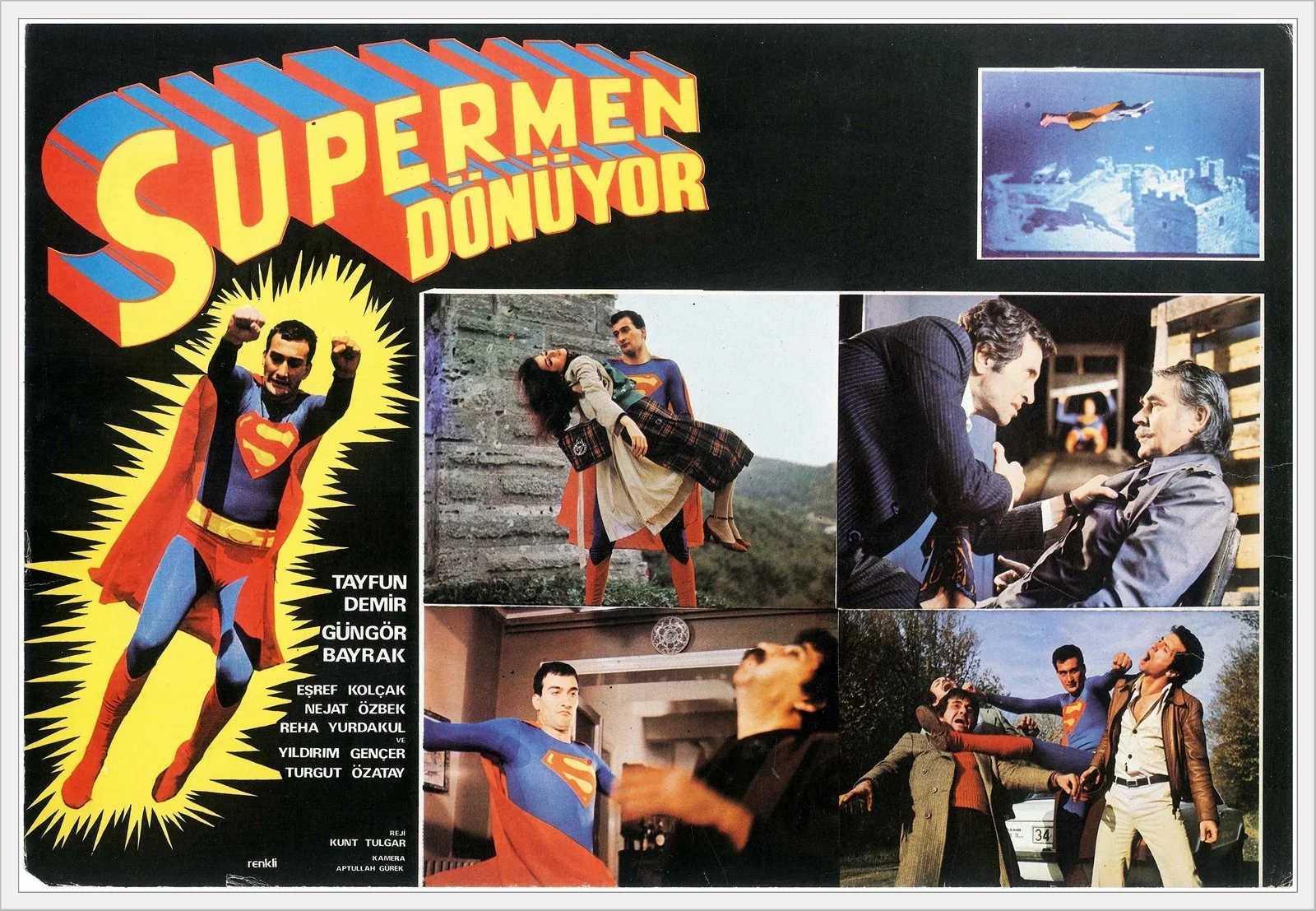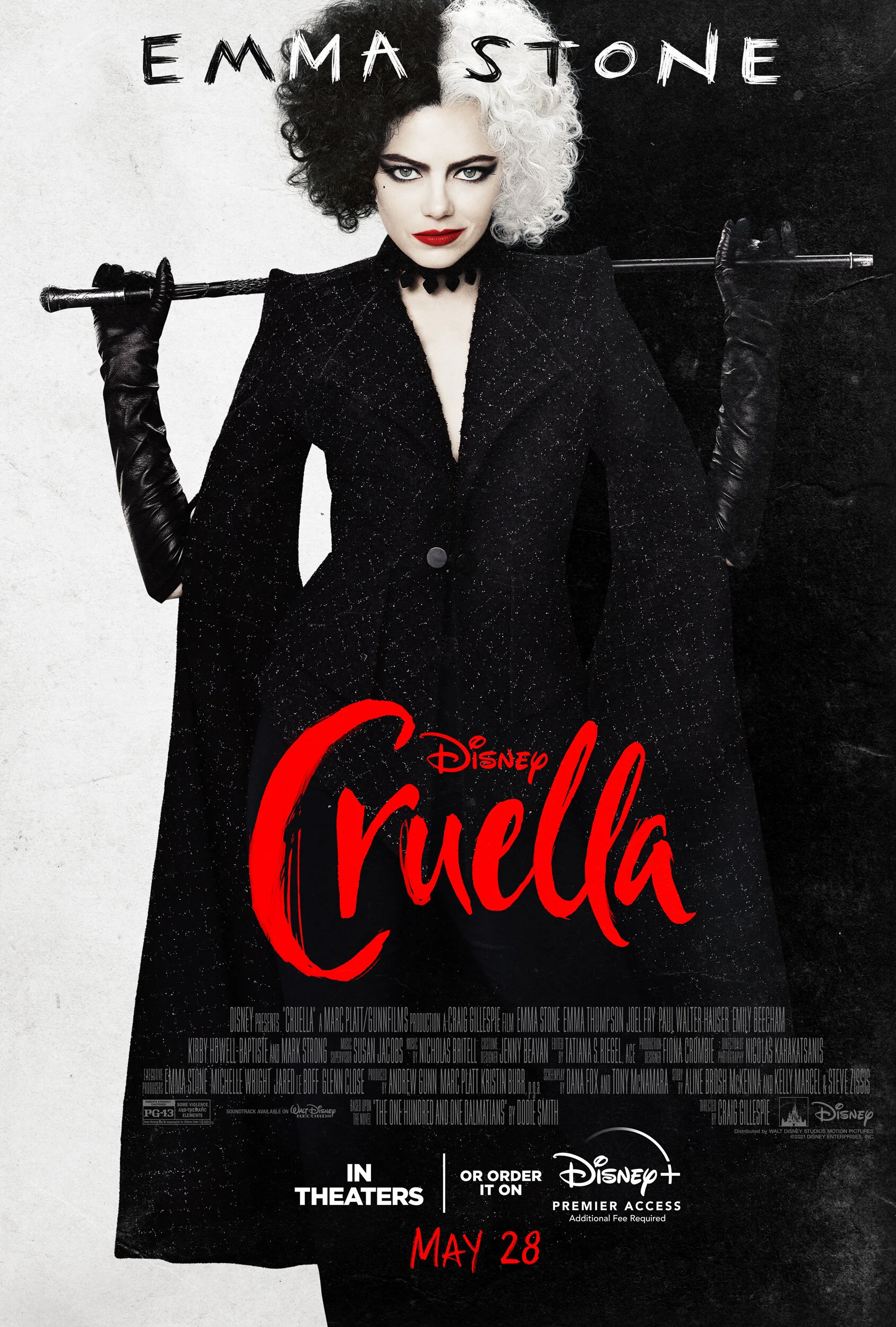In the previous blog post, I introduced a couple of eccentric films that have since been celebrated as cult classics. Rumour has it that The Man Who Saves the World, mentioned in that post, has been selected as one of the ten worst films ever made and is taught at universities in the US as an example of how not to make a film.
Read MoreBelieve it or not, Yeşilçam, the studio system of Turkey, which became dominant from the 1960s to the 1980s, essentially introduced classical cinema to Turks. It drew its production systems from Hollywood—big producers familiarized themselves with the studio structure in Los Angeles and brought the same system back home—but localized the content to reflect the specific experiences of Turkish society.
Read MoreScreen adaptations of the story about the boy who never grew up are plentiful, and there’s certainly a pleasure in plotting the variations and distinctions of each version. Contrary to the idea that a sequel, another retelling, or another iteration, suggests creative bankruptcy might it instead suggest new things of interest to find in each successive contribution to a particular franchise or filmography.
Read MoreOver the Garden Wall (2014) is a dark fantasy miniseries created by Patrick McHale and Katie Krentz and produced for the Cartoon Network in 2014 (Fig. 1). The series follows the adventures of two brothers, Wirt and Greg, who are trying to find their way home as they travel through a magical forest.
Read MoreAdapted from Victor Hugo’s gothic novel, The Hunchback of Notre Dame (Gary Trousdale & Kirk Wise, 1996) tells the story of bellringer Quasimodo (Tom Hulce), born with a physical deformity that gives him a hunched back. The Disney animated film first depicts Quasimodo as a baby, when he was stolen from his Romani parents by Judge Claude Frollo (Tony Jay) during one of his nighttime raids on the streets of Paris. The judge reluctantly raises Quasimodo as his own child, but keeps him locked high in a belltower away from all outside contact, until one day, a Romani dancer named Esmeralda (voiced by Demi Moore) enters Quasimodo’s life.
Read MoreTrue to the promise of its title, Spider-Man: Across the Spider-Verse (Joaquim Dos Santos, Kemp Powers and Justin K. Thompson, 2023) is an exhilarating and emotional journey that continues to blaze the narrative and visual trail started by its predecessor. Made by Sony Pictures Animation in association with Marvel, the film does not open with the previous film’s Spider-Man, Miles Morales (Shameik Moore) as one might expect. Instead, it shifts the focus to Gwen Stacy (Hailee Steinfeld), also known as Spider-Woman, as she finds herself embroiled in the multiversal machinations of the taciturn, pragmatic Spider-Man 2099, Miguel O’Hara (Oscar Isaac), and his spider society.
Read MoreGhosts (BBC, 2019-) emerged from the creative troupe behind the award-winning British children’s programme Horrible Histories (2009-2014), which across multiple seasons used some of the best sketch comedy since Monty Python to explore both British and world history. Horrible Histories gently mocked attitudes in both the past and present, such as when a witchfinder (Jim Howick) touted his services in the manner of a modern-day injury lawyer’s TV commercial.
Read More**This post contains spoilers for the first and second seasons of The Mandalorian**
I am not a Star Wars superfan. In fact, though I was born in 1979, my sister and I hadn’t seen the original Star Wars movies until the mid-90s, in high school, when our best friends Scott and Kent realized we had some cinematic deficiencies. They showed us E.T. (Steven Spielberg, 1982), the Star Wars movies, and Star Trek: The Next Generation (Gene Roddenberry, 1987-1994). I had watched the Star Wars prequels and sequels, but I was not obsessed with them, or with anything in the science fiction/fantasy genre, for a long time.
Read More“Try your best, because that’s the best anyone can do,” says Sebastian J. Cricket, one of Pinocchio’s mentors in the film. This quote aptly encapsulates the moral of Guillermo del Toro’s Pinocchio (2022) (Fig. 1). An adaptation of the 1883 tale, Pinocchio transports the story to 1930s fascist Italy, firmly under the thumb of dictator Benito Mussolini.
Read MoreAt the beginning of 2022, the film industry news reported that writer-director Robert Zemeckis was already preparing a follow up to his then-upcoming Pinocchio (2022) with another fantasy movie, albeit one that might be described as a little more ‘sombre’ in tone, being an adaptation of the graphic novel Here by Richard McGuire.
Read MoreWe live in haunted times. Haunted by the memories of a pre-pandemic existence, we continue to persevere through variant viral outbreaks. Haunted by the two-dimensional digital avatars cast on our devices (at least for those of us fortunate enough to have this luxury), we are increasingly alienated from our three-dimensional biological selves.
Read MoreGothic Film: An Edinburgh Companion provides a wide variety of perspectives based on differing examples of the Gothic within the film with analyses categorised by genre, time-period, and theoretical approach
Read MoreThe 1973 animated adaptation of Stefan Wul’s 1957 novel, Oms En Serie, recounts the enslavement and subjugation of the ‘Oms,’ (a term that is phonetically indistinguishable from the French word for men, hommes), by giant blue humanoid aliens, the ‘Draags.’
Read MoreThe very title of this new collection may leave experienced readers raising eyebrows. Arthuriana, after all, is a complex tradition with a long history of adaptation and remediation, so it might be difficult to imagine that a single book could cover two entire centuries of these practices and the texts they produce.
Read MoreThe climactic sequence of The Thief and the Cobbler/The Princess and the Cobbler/Arabian Knight (unfinished, 1993, 1995, Richard Williams) or the ‘War Machine sequence’ - as it is commonly found on YouTube - is a long and intricate piece of experimental animation.
Read MoreThe Wheel of Time (Rafe Judkins, 2021) is a highly anticipated Amazon Prime TV series based on Robert Jordan’s book series under the same title. The first season comprises eight episodes and recounts the events from The Eye of the World (1990), the first volume of Jordan’s epic saga, introducing its main characters in a familiar Tolkienian fashion.
Read MoreI’m going to say straight off: I thoroughly enjoyed Cruella (Craig Gillespie, 2021) and I think you will, too. A prequel to One-Hundred-and-One Dalmatians (Clyde Geronimi, Hamilton Luske & Wolfgang Reitherman, 1961) and a re-framing (sort of; more on that shortly) of the beloved Disney villain Cruella deVil, Cruella purportedly tells the story of how the great enemy of dalmatians everywhere became a crazed villain.
Read MoreAllowing for the unanticipated to occur and offering “a particular field for rethinking the relation of the virtual as not opposed to the real, but as wholly real in itself” (Thain 2016, 5), the medium of animation is able to go beyond reality, and (in so doing) allows new artistic expressions at the intersection of body and movement, the renegotiation of the human being and its relationship to machines, and experimentation with the cultural meaning of science and technology.
Read MoreWhat’s in a flerken? Having watched Goose regurgitate the tesseract at the post-credit close of Captain Marvel (Anna Boden & Ryan Fleck, 2019), I immediately wanted to know: what’s in a flerken? Finding my answer meant looking to the comics, in particular the reboots of Captain Marvel in print by both Kelly Sue DeConnick and Margaret Stohl. I have to admit to not learning much more about flerkens, alien creatures which appear to resemble ginger cats, but DeConnick and Stohl’s revisionings did give me a lot more insight into Carol Danvers/Captain Marvel as a contemporary woman who struggles with her history.
Read MoreJeff McLaughlin's Graphic Novels as Philosophy collects 10 essays that consider how well known graphic novels can be conceptualised through (and potentially expand) philosophy (Fig. 1). The collection covers, among others, considerations of social contract theory, carnival and the idea of queering epistemology. In addition, the reader is invited to consider how the format and structure of the graphic novel could enhance our ability to ‘do’ philosophical work.
Read More



















